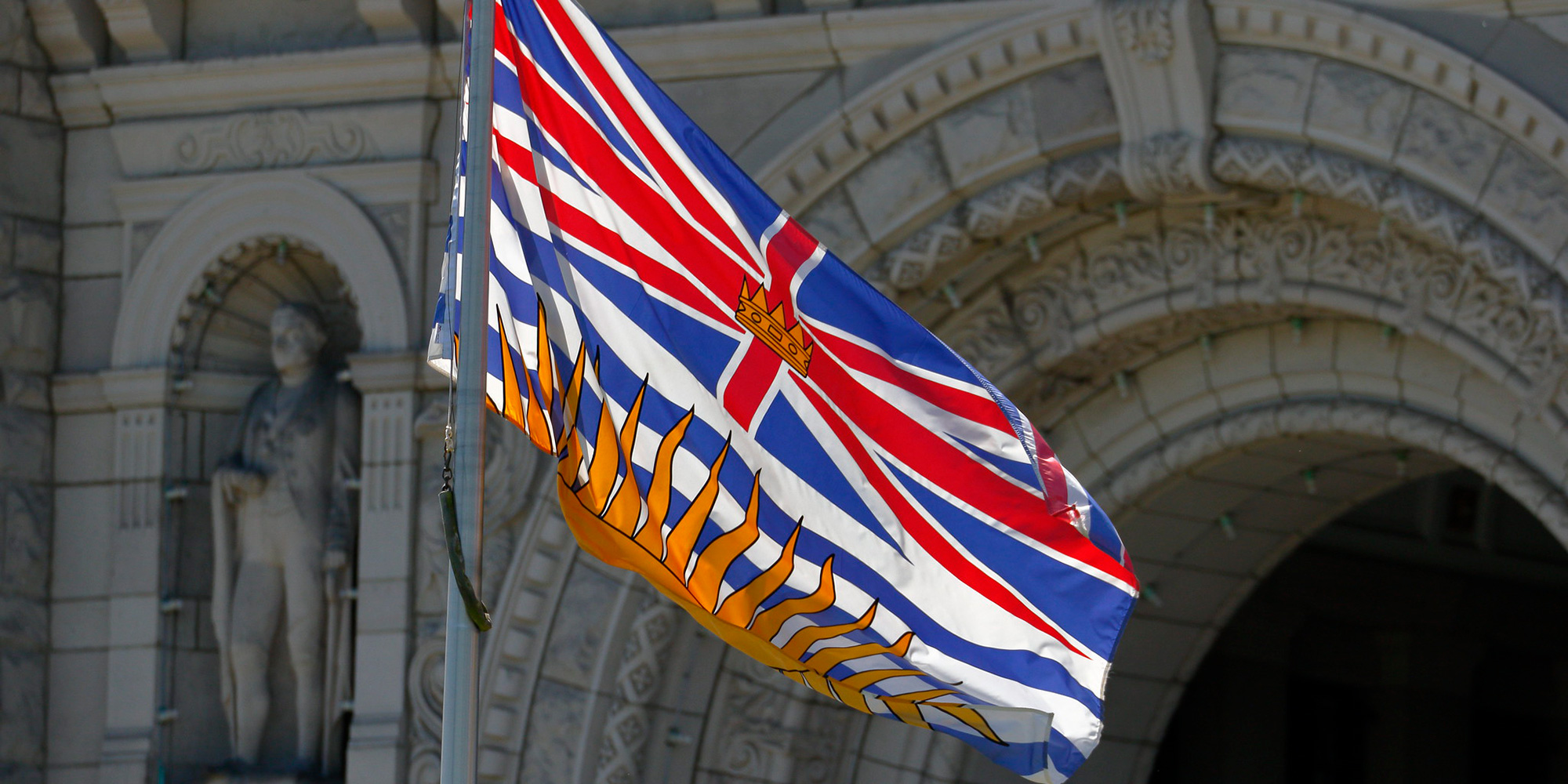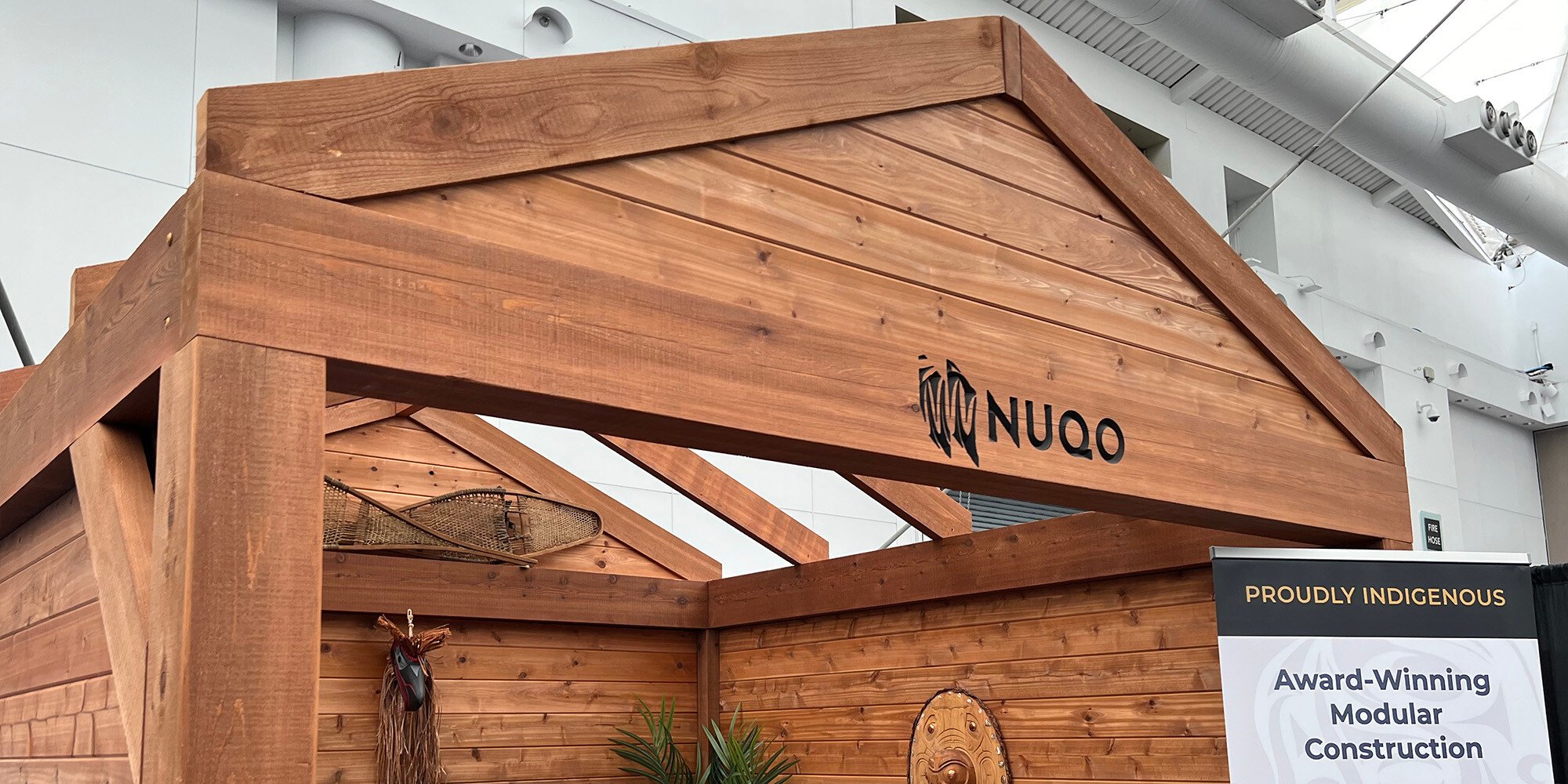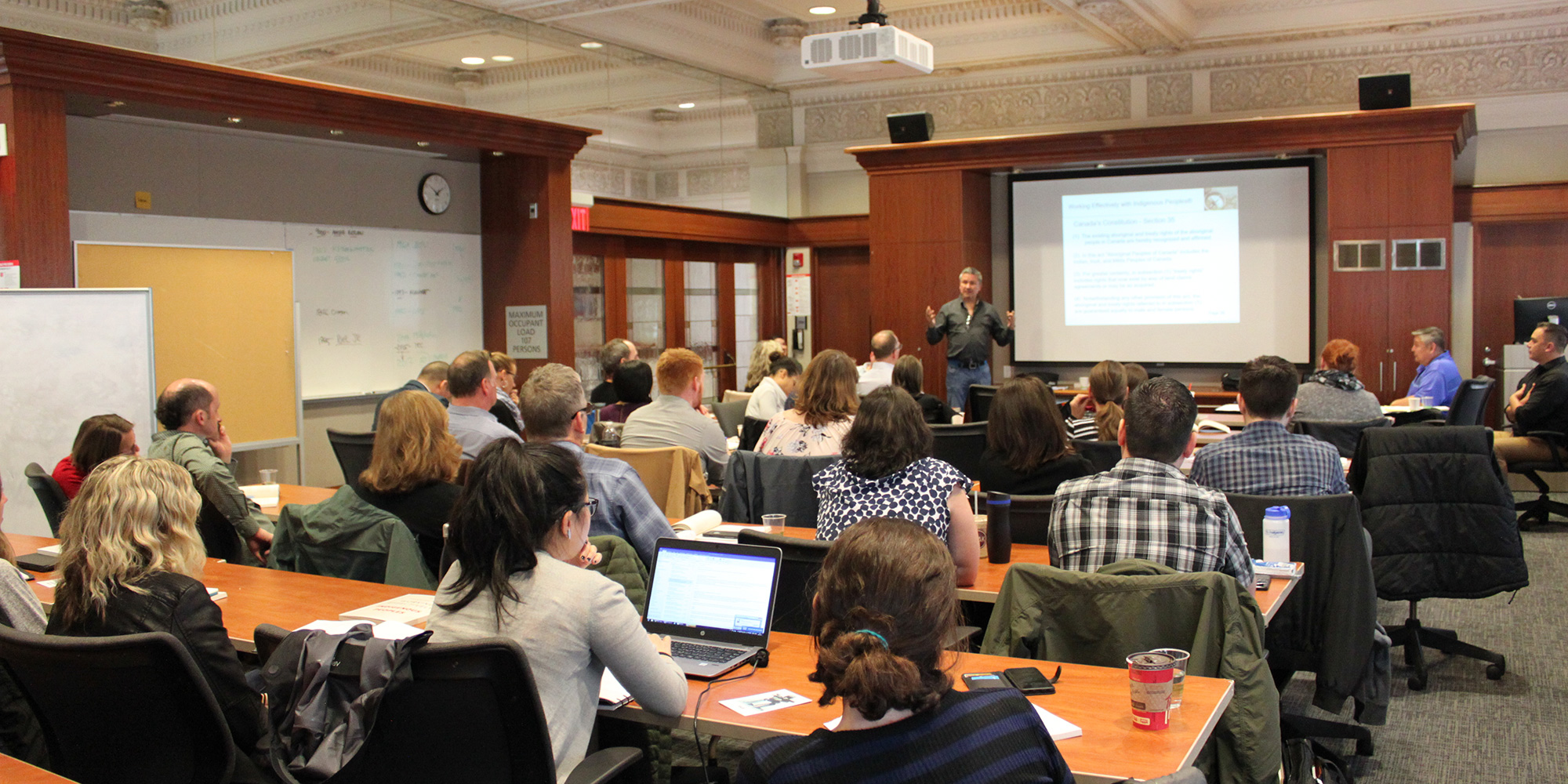The UN Declaration and Reconciliation with Indigenous Peoples in BC
During the 2019 federal election, the U.N. Declaration on the Rights of Indigenous Peoples (the Declaration) was included in four (absent from the...

The world is a challenging and rapidly changing place right now and all indications suggest that it will remain as such for quite some time. Government leaders are adapting policies and creating new ones to address the impacts imposed by the COVID-19 pandemic. Organizations, corporations, and small and large businesses have all been thrown the same curveball and adapting where possible to continue serving their clients and customers. It’s as though we are all “boom cats” running on logs trying to avoid slipping under.
Where does this rapidly changing political and economic landscape leave reconciliation? How do governments, organizations, and corporations continue to honour their commitment to reconciliation? If only the Truth & Reconciliation Commission of Canada had had a 95th call to action for reconciliation in the time of crisis that we could turn to for guidance.
As the president of a company that provides Indigenous relations training, I fully anticipated a drop in our business. I “assumed” Indigenous relations would be a “frill” that would be dropped due to budgetary concerns. Well, you know what they say about those who “assume”! I am surprised at how interest in our services has not dropped off but has actually increased.
With a calendar full of training commitments for the spring, we transitioned our training to a virtual classroom format in order to honour those commitments. Our trainers and team have thrown themselves into creating a seamless, inspiring, enjoyable yet “physically distant” learning experience for our clients and customers. Much testing and trial and error were done in order to ensure the same opportunities would be available for large and small group discussions and questions were available virtually. I am extremely grateful for their commitment.
Earlier in the year, there was much discussion that reconciliation was dead. It was a dark and disheartening period. Neither I nor my father, Chief Robert Joseph, Ambassador for Reconciliation Canada, bought into that meme. We had many discussions about the future and we both came to the same conclusion that reconciliation has many dimensions and was damaged but not dead and that we needed to double down and work harder. If reconciliation were easy, it would have been achieved years ago. Undoing a dysfunctional relationship that has existed for over 150 years is not going to happen overnight.
I see hope for the future in many places. I see it in the teachers who are working hard to educate their students about the history of Canada that prior to the 2015 Truth and Reconciliation Commission report was not taught. Those students are our future and they will become our political and social leaders and will be doing so with a full understanding of the impacts of colonization and how we need to move forward as a nation.
I also see hope in the continued interest in learning about Indigenous Peoples, as indicated by the number of visits to our blog, Working Effectively with Indigenous Peoples®, and the number of people downloading our eBooks. Prior to the pandemic, the blog, which hosts over 700 articles on a wide variety of topics related to Indigenous Peoples, typically received over 140,000 visits a month, this month is down by just 15 percent.
And I see hope in the number of people who take our training, despite their concerns for their own futures. As I say in this Globe and Mail article, which was published shortly before our collective walls closed in, people have a real thirst for knowledge. Some are registering because they want to add the certification to their resumes while others are taking the training for personal growth in a time when we are all confined to our homes. They realize that reconciliation is an ongoing process and see this opportunity to contribute to the process.
Featured photo: Unsplash

During the 2019 federal election, the U.N. Declaration on the Rights of Indigenous Peoples (the Declaration) was included in four (absent from the...

In 2025, it will be a decade since the release of the Truth and Reconciliation Commission (TRC) Summary Report (June 2015) on the horrific...

It has been over three years (June 2, 2015) now since the Truth and Reconciliation Commission (TRC) of Canada released its summary report and 94...